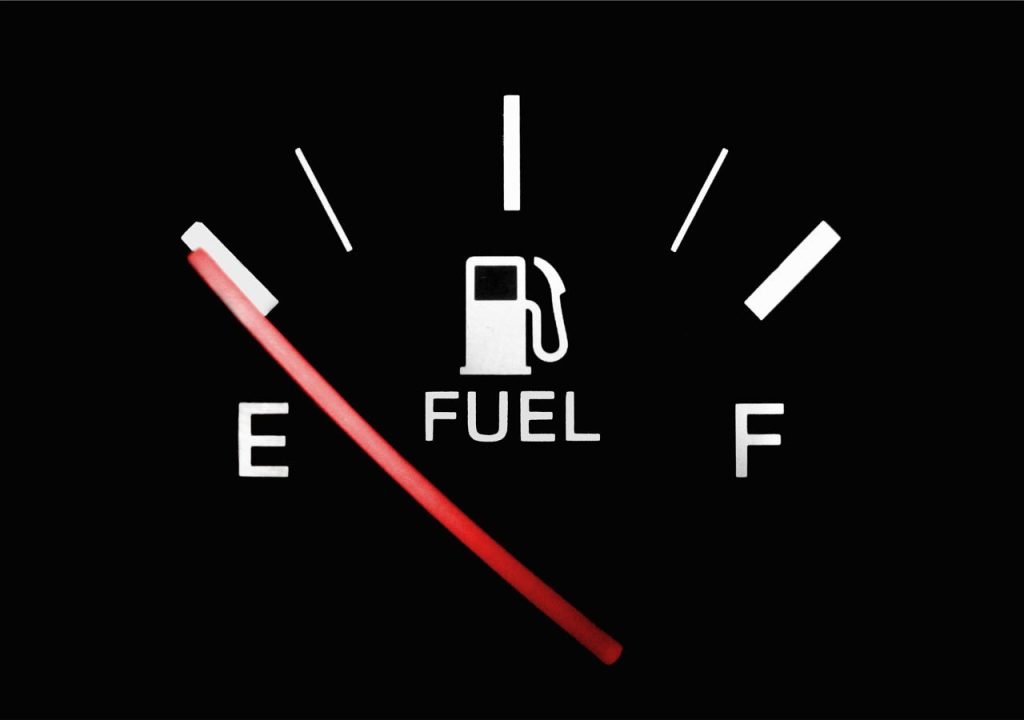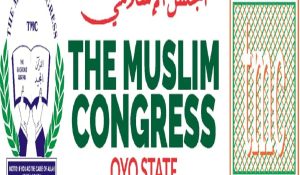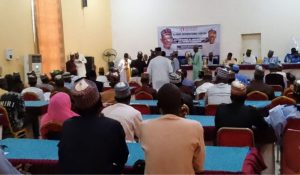
Fuel price hikes: Urgent Solutions for Citizenry
In recent times, petrol price hikes in Nigeria have left many citizens reeling, with pump prices surging to N1,060 per litre in the Federal Capital Territory and N1,025 in Lagos, just weeks after a previous increase. Let’s not even mention the cost of fuel in other states of the federation.
The relentless rise in fuel costs highlights the full force of President Bola Tinubu’s deregulation policy, aimed at eliminating subsidies that the administration argues are economically unsustainable. Since Tinubu’s “subsidy is gone” announcement on May 29, 2023, petrol prices have increased by an extraordinary 570%, rising from N185 per litre in a nation where the dollar exchange rate also spiked from N460 to nearly N1,000. Amid this climate, many are questioning the feasibility of Tinubu’s reforms, urging that these policies must have a more “human face” to prevent economic and social collapse.
Historically, Nigeria has maintained an extensive fuel subsidy program to keep fuel prices artificially low, often resulting in multi-billion-dollar drains on the national budget. According to Wale Edun, Minister of Finance and Coordinating Minister of the Economy, Nigeria’s fuel and foreign exchange (FX) subsidies alone have drained over N10 trillion from the economy. Edun and other policymakers contend that subsidy removal is essential to stabilizing Nigeria’s financial health, allowing resources to be redirected toward economic development and infrastructure projects. However, citizens are now left to bear the immediate brunt of deregulation, as inflation has surged to a record 34.8%, fueled by sharp increases in energy and food costs.
While the elimination of subsidies is touted as necessary for long-term stability, the immediate outcome has been a collapse in personal and business finances. Households across Nigeria are feeling the economic pressure. Nigerian Midstream and Downstream Petroleum Regulatory Authority reports show a staggering 92% decline in daily petrol demand since May, as prices make fuel unattainable for many. A large portion of Nigeria’s workforce relies on fuel for small businesses, transport, and domestic needs, which means these price hikes threaten livelihoods directly.
Another critical factor exacerbating this crisis is the rapid devaluation of the naira. The currency has recently earned the ignoble title of the world’s worst-performing currency, largely due to high demand for dollars and dwindling reserves. Local oil marketers, already reeling from the devaluation’s impact, predict further price hikes, and consumers are left with little relief even when global oil prices cool. Economist Dr. Muda Yusuf argues that the failure to stabilize the naira exchange rate has trapped Nigerians in a continuous cycle of price escalation. He recommends that the Central Bank of Nigeria (CBN) work aggressively to curb inflation and dollar pressures, arguing that Nigeria’s unrelenting reliance on imports makes currency stabilization a “non-negotiable priority” if reforms are to succeed without widespread social fallout.
The rising fuel prices feed into broader economic hardships, as noted by the National Bureau of Statistics, which shows that over half of Nigeria’s population now lives below the poverty line. Households are grappling with food inflation, and with the average Nigerian family reportedly spending 59% of its income on food—the highest in the world, according to a recent Picodi report—many are forced to choose between fuel and basic needs. In a recent policy brief, Dele Oye, President of the Nigerian Association of Chambers of Commerce, Industry, Mines, and Agriculture, stated that the “extreme hardship inflicted on citizens could erode public trust in these reforms, which should ideally promote welfare.”
The anticipation of more accessible, locally refined fuel through Dangote Refinery has provided little solace. Although this megaproject promises substantial refining capacity, experts warn that tying prices to the dollar exchange rate means consumers see no significant cost benefits. Economist Bismarck Rewane calls this “a dangerous paradox,” noting that linking fuel prices to international benchmarks, especially in a heavily import-dependent economy, offers no protection against currency volatility. He advocates for a naira-based pricing structure, suggesting that Nigeria’s local refineries receive crude at a discounted naira rate, which could curb the volatility in fuel prices while maintaining profitability for refiners.
While the government has introduced measures to help, like a 150-day tariff suspension on certain food items, implementation has lagged. Extending and broadening this tariff suspension to include pharmaceuticals, industrial materials, and educational products would provide immediate relief. Many experts argue that without expanding the scope of this measure, consumer goods will remain out of reach for many, further hindering economic recovery. In this context, Ayodeji Ebo, an economist at Financial Derivatives Company, recommends that the government quickly implement proposed tax relief for individuals and businesses to boost purchasing power and economic resilience.
The discriminatory electricity tariff structure is another issue that policymakers must address. High energy costs are particularly burdensome for Nigeria’s manufacturing sector, which is already grappling with high production costs due to inflation. Reducing electricity tariffs could significantly lower the operational costs for small and medium-sized enterprises (SMEs) and improve affordability for households.
As Nigerians face these unprecedented challenges, the private sector has a role to play. Many companies, especially within fast-moving consumer goods (FMCG) sectors, are already developing corporate social responsibility (CSR) programs focused on food security and skills development. By investing in sustainable energy initiatives, companies can help lower overall energy costs while contributing to job creation and local economic stability. Business coalitions could also partner with the government to roll out more efficient conditional cash transfer schemes, ensuring that targeted cash relief reaches the poorest households through transparent and data-backed systems.
Again, CSR initiatives aimed at creating local job opportunities through entrepreneurship training and employment initiatives could act as a buffer against rising costs. As a longer-term solution, companies could explore localized agricultural projects to improve food security and reduce dependency on imported food products, which are particularly vulnerable to exchange rate shocks.
Charting a Path Forward? Honestly, Nigeria’s fuel price hikes and subsidy reforms underscore the need for a balanced, humane approach to economic policy. The government’s challenge is to maintain the momentum of reform while preventing mass poverty and business collapse. Strategies such as selling crude oil at a discounted naira rate to local refiners, extending tariff suspensions on critical goods, stabilizing the naira, and implementing CSR projects focused on sustainable solutions can all contribute to easing the current economic burden on Nigerians.
The road to economic reform need not be paved with unbearable hardship.
By addressing currency stability, supporting households and SMEs, and promoting private sector-driven social programs, Nigeria can transition toward a resilient economy that genuinely serves the interests of its citizens.









